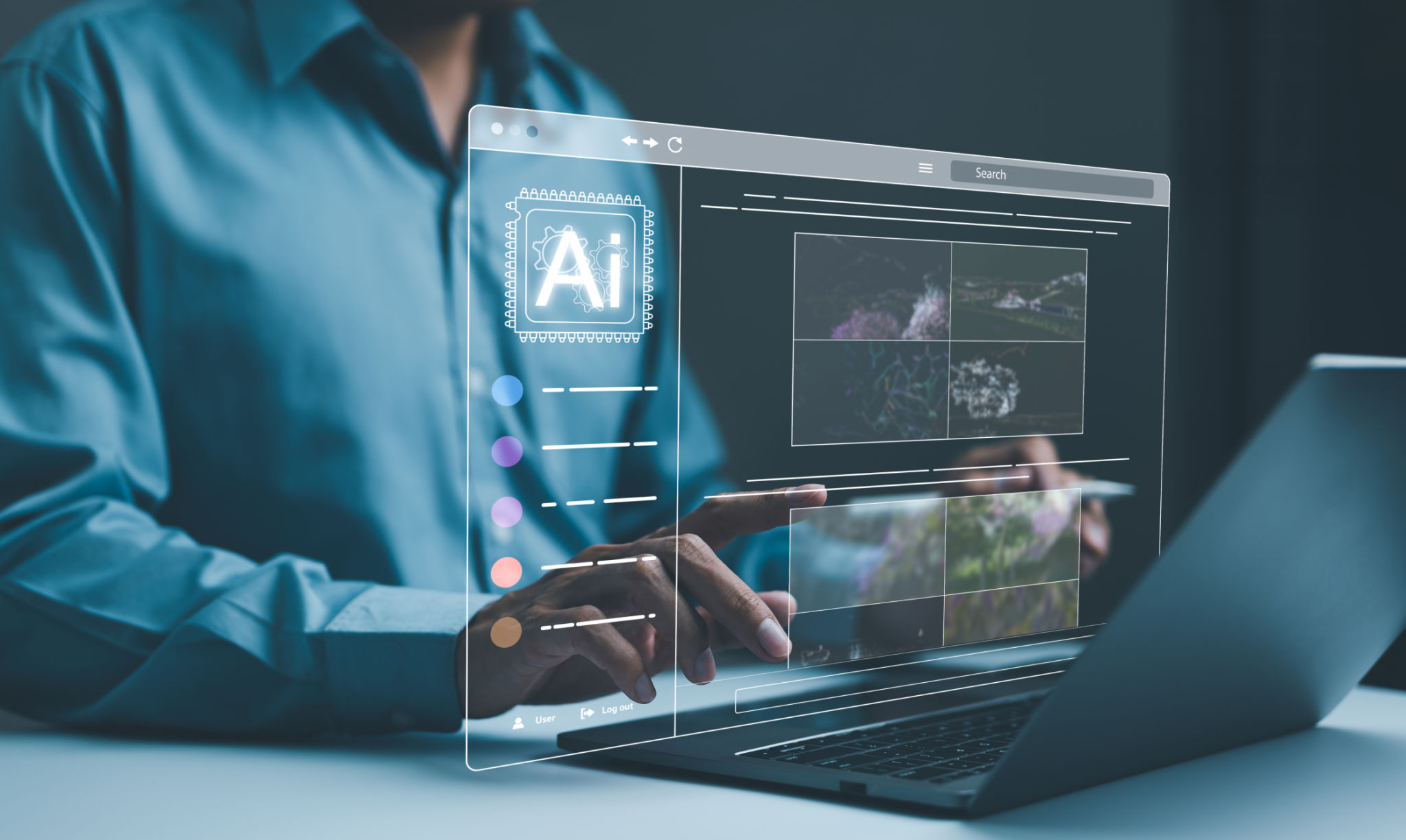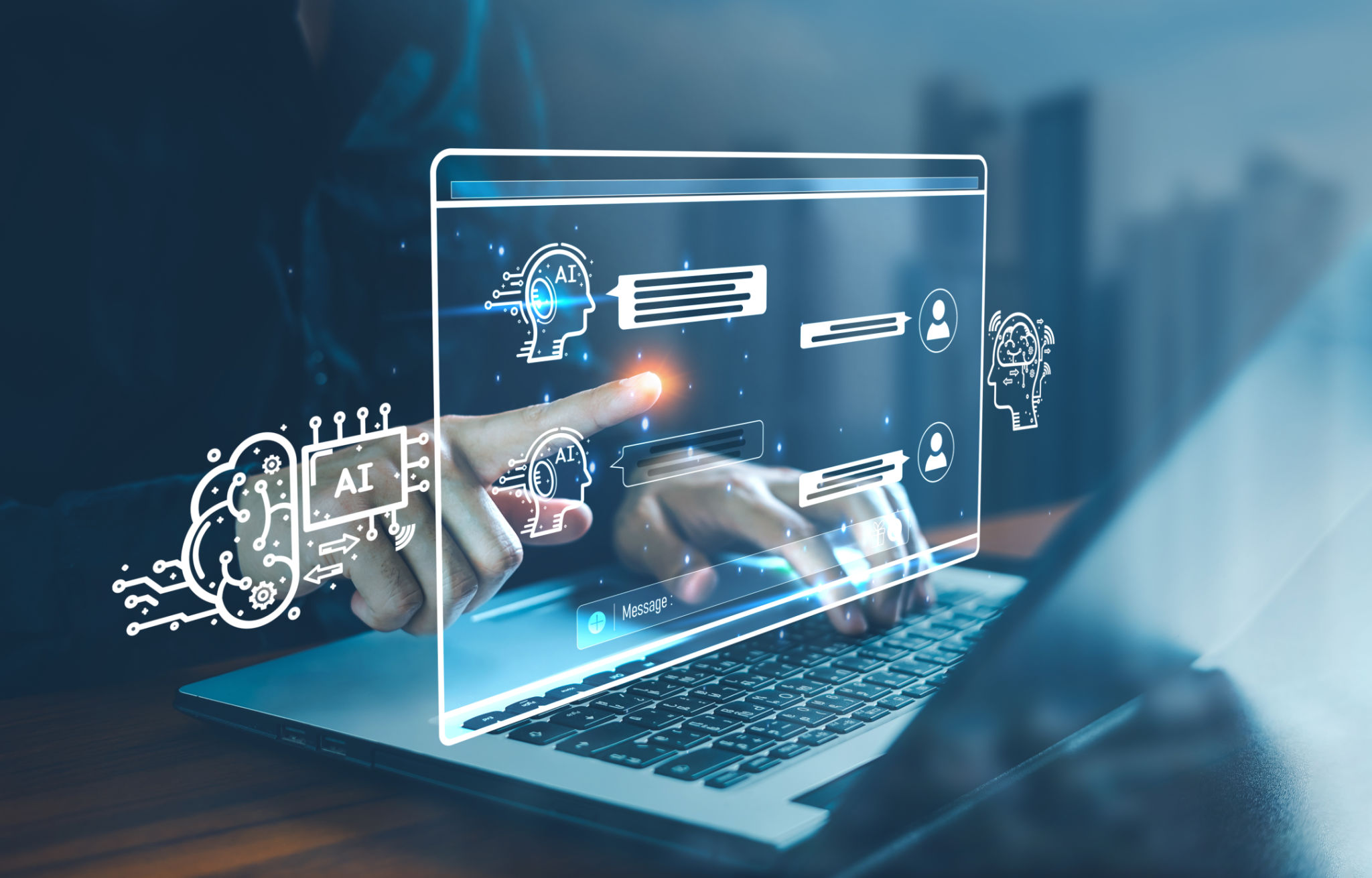Debunking AI Myths: Understanding the Real Impact of AI Technologies
Introduction to AI Myths
As artificial intelligence (AI) continues to advance and permeate various aspects of our lives, it remains a topic surrounded by numerous myths and misconceptions. These misunderstandings often stem from popular media portrayals or a lack of information. In this blog post, we aim to debunk some of the most prevalent myths about AI and shed light on the real impact of these technologies.

Myth 1: AI Will Replace All Jobs
One of the most common fears is that AI will lead to massive unemployment by replacing human jobs. While it's true that AI can automate certain tasks, leading to shifts in the job market, it is not poised to replace all jobs. Instead, AI is expected to transform industries by augmenting human capabilities and creating new opportunities.
AI can handle repetitive and mundane tasks, allowing humans to focus on more creative and complex problem-solving activities. This symbiotic relationship can lead to increased productivity and the emergence of new roles that require advanced skills in managing and developing AI systems.
Myth 2: AI Lacks Creativity
There is a widespread belief that AI is purely logical and incapable of creativity. However, recent advancements in AI have demonstrated its potential in creative fields. For instance, AI algorithms have been used to compose music, generate artwork, and even write poetry.

AI operates by learning patterns from vast datasets, which enables it to produce innovative outputs based on existing information. While it may not have the same depth of understanding or emotional nuance as humans, AI can certainly contribute to creative processes in meaningful ways.
Myth 3: AI is Infallible
Another common misconception is that AI technologies are infallible and devoid of errors. In reality, AI systems are only as good as the data they are trained on. If the data contains biases or errors, the AI will likely replicate those issues in its outputs.
It's crucial for developers to continuously refine AI models and ensure they are trained on diverse and accurate datasets. Additionally, human oversight remains essential to interpret AI results correctly and mitigate any potential risks associated with their use.

The Real Impact of AI Technologies
AI technologies hold significant potential to drive innovation and improve efficiency across various sectors. From healthcare to finance, AI is being used to enhance decision-making processes, optimize operations, and provide personalized services.
For example, in healthcare, AI can assist in diagnosing diseases more accurately by analyzing medical images and patient data. In finance, AI algorithms help detect fraudulent activities by identifying unusual patterns in transactions.
The Future of AI
The future of AI is promising but requires careful consideration of ethical implications and responsible implementation. As we continue to integrate AI into our daily lives, it is essential to maintain a balanced perspective, recognizing both its potential benefits and limitations.
By debunking myths and fostering a better understanding of AI technologies, we can pave the way for a future where humans and machines work together harmoniously to solve complex challenges and enhance our quality of life.

